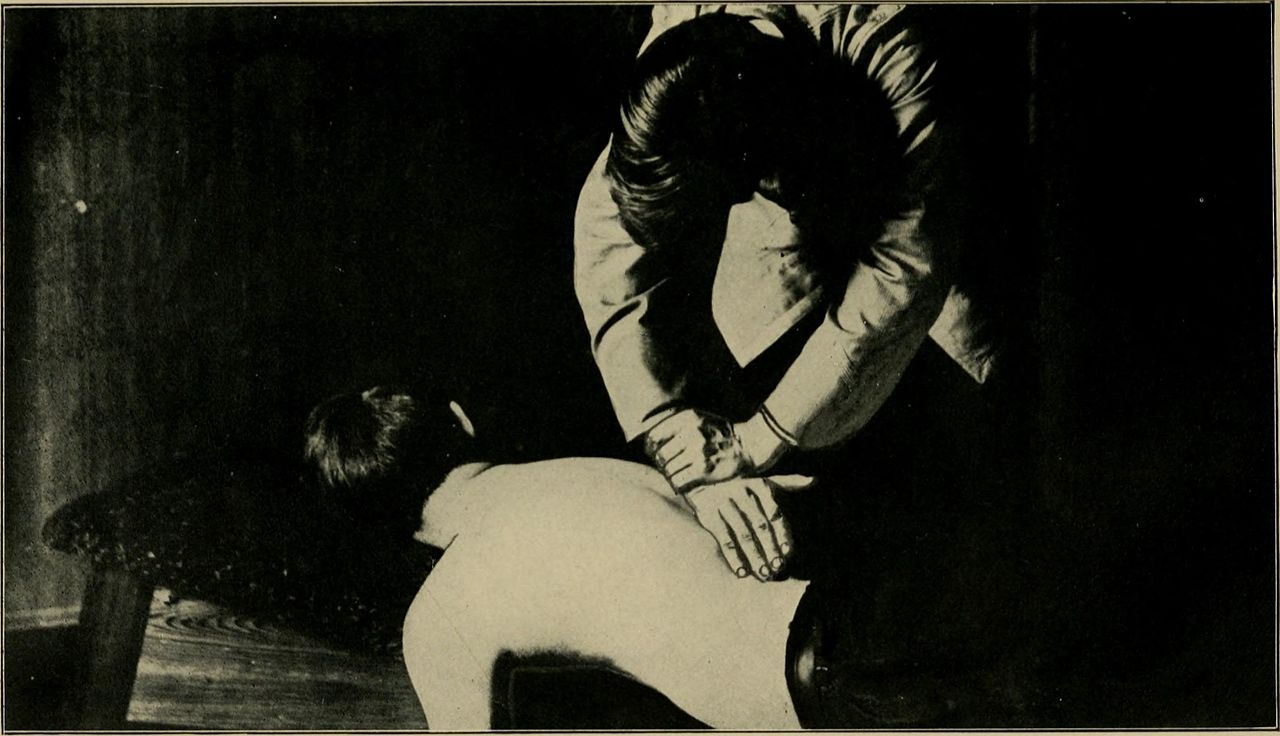Month: November 2010
Resident’s Working Hours- Should We Let Sleeping Docs Lie?
The Accreditation Council for Graduate Medical Education (ACGME) has released proposed new standards to limit working hours for medical residents. Bus drivers are allowed to drive for 10 hours and then are required to have 8 hours off duty. Airline pilots can be scheduled for up to 16 hours on duty — being at work, ready to fly — and up to...
Science-based medicine and improving patient safety and quality of care
The last couple of weeks, I feel as though I may have been slumming a bit. After all, comparatively speaking it’s not that difficult to take on claims that homeopathy benefits fibromyalgia or Oprah Winfrey promoting faith healing quackery. Don’t get me wrong. Taking on such topics is important (otherwise I wouldn’t do it). For one thing, some quackery is so harmful...
What’s with the new cough and cold products?
One of my earliest lessons as a pharmacist working in the “real world” was that customers didn’t always act the way I expected. Parents of sick children frequently fell into this category — and the typical vignette went like this for me: Parent has determined that their child is sick, and needs some sort of over-the-counter medicine. Parent asks pharmacist for advice...
Be thankful: No anti-vaccine propaganda at the movies this weekend
It’s Thanksgiving Day here in the U.S., and, despite the crappy economy, there are still things to be thankful for. For instance, skeptical activism can still be effective. On Sunday Skepchick Elyse put out the call to Skepchick readers to complain to movie theaters that were reportedly going to be airing a public service announcement from the anti-vaccine group SafeMinds? (Actually, “public...
Bill Clinton’s Diet
Bill Clinton loved hamburgers from McDonald’s. He used to eat a typical American high calorie, high fat, meat-based diet. No more. He had a heart attack and a quadruple bypass in 2004. Recurrent blockages required placement of two stents in February 2010. This got his attention and he went on a strict new diet, losing 24 pounds to get back down to...
How low can Oprah Winfrey go? Promoting faith healer John of God to the masses
Several of the bloggers on Science-Based Medicine have been — shall we say? — rather critical of Oprah Winfrey. The reason, of course, is quite obvious. Oprah is so famous that if you mention her first name nearly everyone will know exactly of whom you speak. For the last quarter century, her daytime TV talk show has been a ratings juggernaut, leading...
Nosodes Redux: “I hate those meeces to pieces!”
Life and medicine generate facts and experiences that require conceptual frameworks that aid in understanding. It is no good have a pile of facts if they cannot be understood within a broader understanding. The practice of Infectious Diseases, while certainly aided by understanding anatomy, physiology, microbiology, chemistry and the other sciences that form the core of medicine (referred to in Medical School...

The DC as PCP?
Subluxation-free chiropractic? The long-simmering internecine wars among various factions of chiropractic recently reached a full boil when the Council on Chiropractic Education (CCE) had the audacity to eliminate the word “subluxation” from its draft 2012 “Standards for Doctor of Chiropractic Programs.” The CCE is the official U.S. Department of Education-approved accreditation agency for chiropractic colleges. It intends to adopt the revised Standards...
Homeopathy and the Selling of Nonspecific Effects
One of the core features of science (and therefore science-based medicine) is to precisely identify and control for variables, so that we know what, exactly, is exerting an effect. The classic example of this principle at work is the Hawthorne effect. The term refers to a series of studies performed between 1924 and 1932 at the Hawthorne Works. The studies examined whether...
Dabigatran: A Promising Alternative to Warfarin
On October 19, 2010, the FDA approved a long-awaited new drug, dabigatran, expected to replace warfarin (Coumadin) as a better way to prevent blood clots in susceptible patients. This provides an opportunity to re-visit several issues that we have addressed before, including Big Pharma tactics, drug approval by the FDA, deciding what is adequate evidence, applying science to clinical practice, and making...

